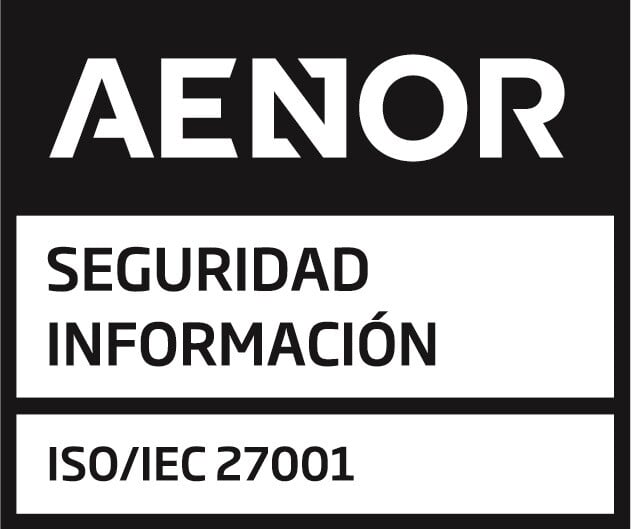How does technology affect global sustainability initiatives? This appears to be a constant concern among environmental experts and other stakeholders in this drive.
The role of technology in past social, economic, and political landscapes is evident. Even now, technology plays a central role in the efforts that organizations and individuals put toward meeting climate change goals.
While there is the contradiction that technology negatively affects the environment, the concept of technology for sustainability could help minimize harm on the planet. This article explores five technological interventions that are playing a positive role in the global sustainability drive.
Automation of Processes
If you consider automation in the factory environment, the benefits of technology to sustainability efforts are remarkable. Indeed, there are demands for sustainable practices in this area, and manufacturers are responding positively.
Firms that have incorporated automation in their processes report higher levels of productivity and scalability, accompanied by lower energy consumption, reduced wastage, and fewer cases of workplace injury. Ultimately, this improves the bottom line of a company and lays the ground for sustainable operations.
Automation of processes has made it possible for the conventional factory to operate more sustainably without constructing a new sustainable factory.
Specifically, automation technology for processes can benefit the environment in ways such as;
- Minimized material waste due to streamlined processes
- Reduced heating requirements – efficient machinery
- Data insights help in enhancing machine efficiency
- Compact robots require less floor space
- Energy output is lower because automation technology lowers cycle times
Energy Storage
In recent years, the application of renewable energy has triggered the development of an important segment of the energy supply de-carbonization strategy – energy storage. Energy storage aims to achieve the famous net zero, but there are different technologies under this goal. They include synthetic fuels, hydrogen, batteries, and electric vehicles.
Methanol is one of the most popular synthetic fuels used for energy storage. Demand for this fuel is growing rapidly given its net carbon-neutral nature. Already there is methanol-powered transportation in Asia and several other places.
Hydrogen offers attractive scalability, an element that suits the rapidly growing renewable energy industry. It has the potential to enhance the usability of renewable energy sources, especially the surplus energy that comes seasonally.
Lithium-ion batteries are also developing steadily for home applications and other areas. Government policies, the case of the UK being a perfect example, are proving crucial in the adoption of electric vehicles (EVs).
Corporate Sustainability
Sustainability is getting more attention in corporate management across the world as this report from 2019 shows.
Corporates are continually committing to pursuing sustainability goals through technological solutions. A popular one is the internet of things (IoT), which enables businesses to collect data from their surroundings. The insights collected can help the companies to minimize energy consumption, optimize mobility, reduce water consumption, and much more.
Telecommuting solutions are also proving to be essential corporate sustainability technologies. Companies can minimize waste and GHG emissions by using Google Meet or Zoom to avoid constant commutes and office meetings. Even when hands-on interaction is needed, virtual reality can be applied.
There is also the significant impact of artificial intelligence (AI) models in minimizing GHG emissions. The forecasting capability of machine learning and artificial intelligence models is suitable for efficiency improvement in transportation, agriculture, and so many other sectors.
Innovative and Renewable Energies
Innovations around renewable energy are emerging to combat the harmful effects of fossil fuels on the environment. A good example is the concept of solar roof tiles. Hitherto, we have been accustomed to solar panels on the roof. Innovation has brought this method that not only increases the surface area for solar insolation but also renders conventional roof tiles unnecessary.
To solve mobility and sustainability needs in cities, Byron Bay has introduced the exciting solar-powered train. This renewable energy innovation has the potential to further reduce the amount of GHG emissions in cities.
Experts have also fronted the idea of merging solar and wind energy where the supply of these resources is limited. Integration is a brilliant idea that would ensure higher chances of harvesting renewable energy at any given time. You can read about this type of innovation as fronted by Sinn Power.
We could go on and on with these innovations including bacteria-based energy, night solar energy, and waste-powered airplanes.
Management Software Solutions
Whether you are just starting your sustainability journey or have been there for some time, the right management software solution can help you achieve your sustainability goals. For instance, the QBI software places your business steps ahead with a single source of truth. When your sustainability and other programs are under one platform, you are in a position to derive a single story from data. This enables you to:
- Compare goals with progress
- Understand your present sustainability status
- Develop realistic goals
As time goes by, investors are demanding more Environmental, social, and governance (ESG) performance, so companies must be armed with data. Spreadsheets may not help when it comes to availing of such data. Management software solutions for sustainability eliminate the inaccuracies of conventional platforms.
Accuracy of data comes in handy when auditing GHG compliance. Financial reporting and audits have been inseparable since time immemorial, and industry experts predict that more audits will be necessary for sustainability reports.
At QBI Solutions, we use technology to better the performance of businesses, including on the sustainability front. We exploit the potential of sustainability, data, and the cloud to help companies optimize their performance. Specifically, QBI is your go-to renewable energy management software for your different technologies that helps you automate time-consuming deliverables and stop wasting time looking for documentation.
Book a free demo or contact us to learn more about this solution.
